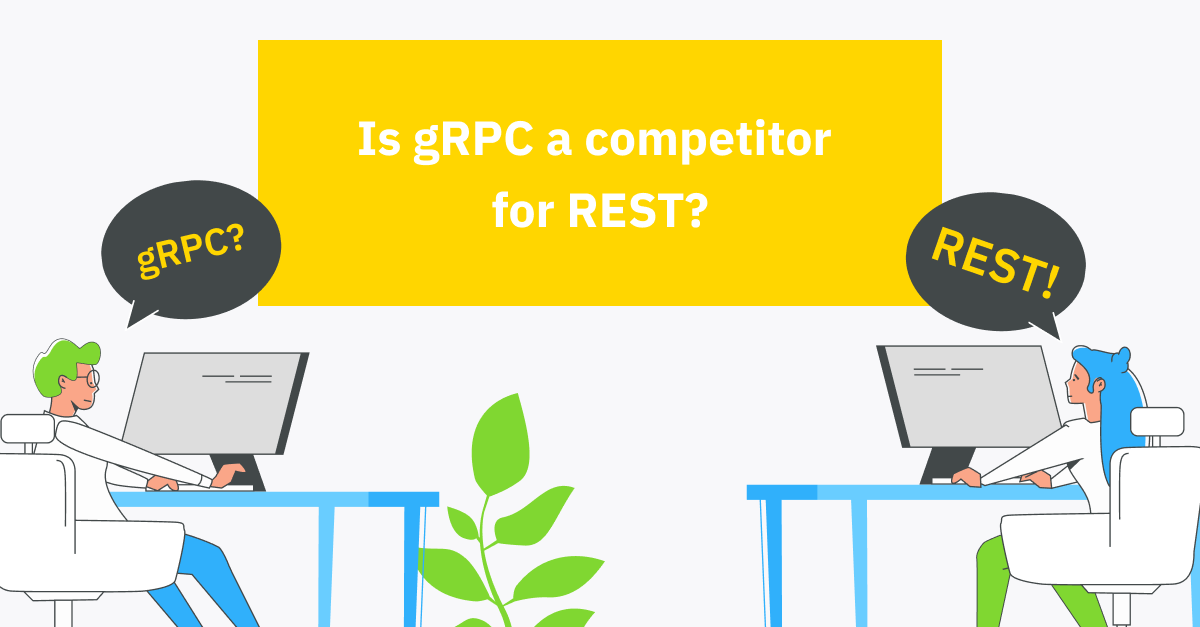
I've recently heard from a number of people that gRPC is on the rise, and that it may eventually supplant the standard REST API. Such a thesis astounded me greatly. I'd like to offer some thoughts on this.
First, let's talk about the market's current state. We analysed several different sources – various studies in well-known periodicals, search query statistics, and the number of likes and mentions on various portals – and then came up with some preliminary findings. Approximately 80% of the total number of API worldwide were created using HTTP REST technology. We estimate that gRPC technology is used in less than 1% of all API worldwide. So it’s still far too early to talk seriously about a global trend in changing technology.
On the other hand, we can discuss the rise in popularity. Indeed, interest in gRPC technology is increasing rapidly, at least three times faster than in the previous two years. However, interest in HTTP REST is also growing, albeit at a slower rate (about 30 percent per year). As a result, it’s incorrect to assert that gRPC is "taking away" a portion of the market from REST. It’s more accurate to say that the API market in general is expanding rapidly in all directions.
And finally. In principle, it’s incorrect to consider gRPC and HTTP REST as competitors. These are quite different technologies that address different issues. We'll compare the two in more detail in future posts. Let us now go on to the most significant point. HTTP REST is the cheapest technology. The REST entry threshold is set to the bare minimum. Employees are just required to have a basic level of qualification. Working with REST is extremely convenient. The dangers are minor. REST's only significant disadvantage is its slow data rate. gRPC – technology is more expensive to develop and maintain. The entry threshold is significantly higher than in REST, as are the employee qualification requirements. The main advantage is the high speed of data exchange.
As a result, if the API does not require high performance, people prefer cheap and simple REST. If the API has stringent requirements, it makes sense to fork out on the gRPC. Obviously, the former will always be several times more than the latter.